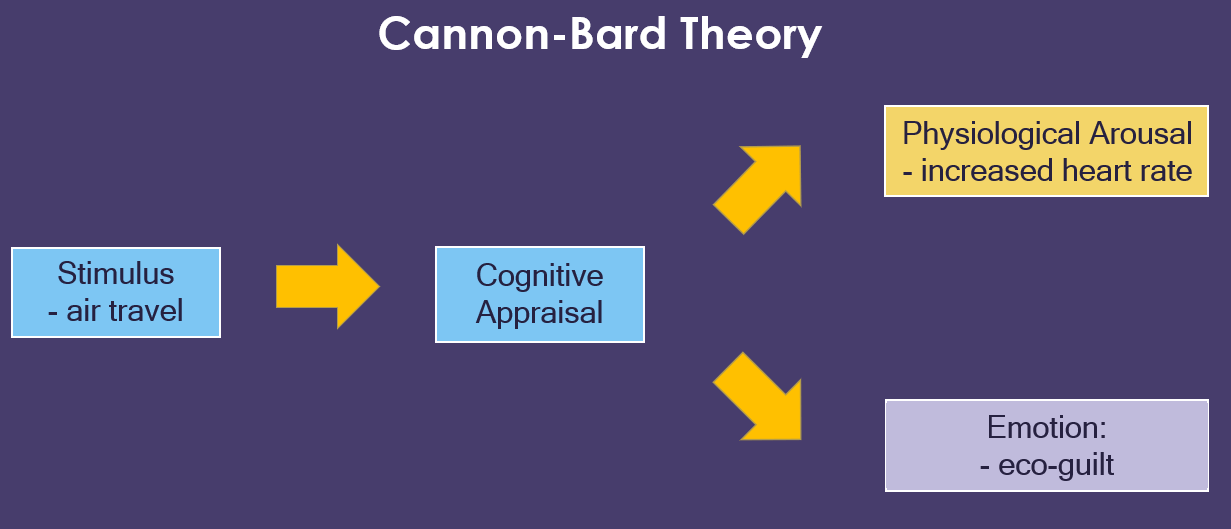What Is Statistics? | Khan Academy Blog
What is statistics?
You may have heard the term “statistics” tossed around in conversation, or you may have encountered it in a math or science class. But what exactly is statistics? To put it simply, statistics is the practice of collecting, analyzing, and presenting data in a way that makes it easier to understand and draw conclusions from.
Why is statistics important?
Statistics is an incredibly important field, used in a wide range of disciplines. Businesses often use statistics to make decisions about products, services, and operations. Scientists and researchers use statistics to analyze data and test hypotheses. Even journalists and politicians rely on statistics to back up their claims and provide context to their stories.
What are the types of statistics?
There are two main types of statistics: descriptive and inferential. Descriptive statistics summarize a data set by providing measures of central tendency (like the mean, median, and mode) and measures of variability (like the range, variance, and standard deviation). These statistics provide a general understanding of the data set, helping you to see patterns and trends.
Inferential statistics, on the other hand, use the data set to make predictions or generalizations about a larger population. For example, if you survey 1,000 people in a city about their opinion on a new public transportation initiative, you can use inferential statistics to predict what the entire city’s opinion might be.
How do you calculate statistics?
There are many different methods used to calculate statistics, and the methods chosen often depend on the type of data and the goal of the analysis. For example, a researcher might use a chi-square test to determine if there is a significant relationship between two categorical variables, or a t-test to compare the means of two different groups.
Overall, statistics is a fascinating and powerful field that can be used to make sense of large data sets, to understand patterns and trends, and to make predictions about a larger population. As data becomes more and more prevalent in our lives, the importance of statistics will only continue to grow.
Want to Learn Statistics for Free?
Khan Academy has hundreds of lessons for free. No ads, no subscriptions.



